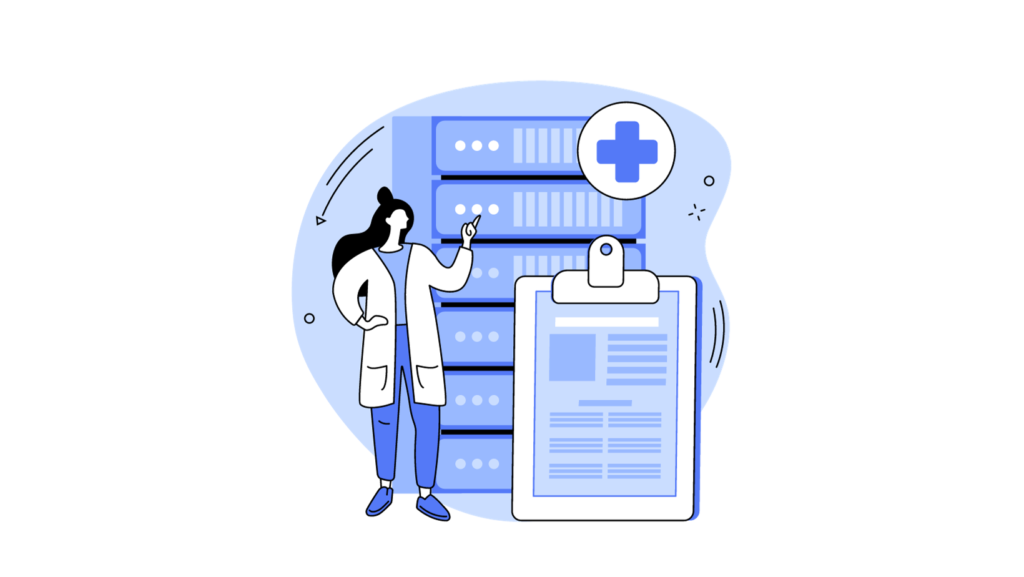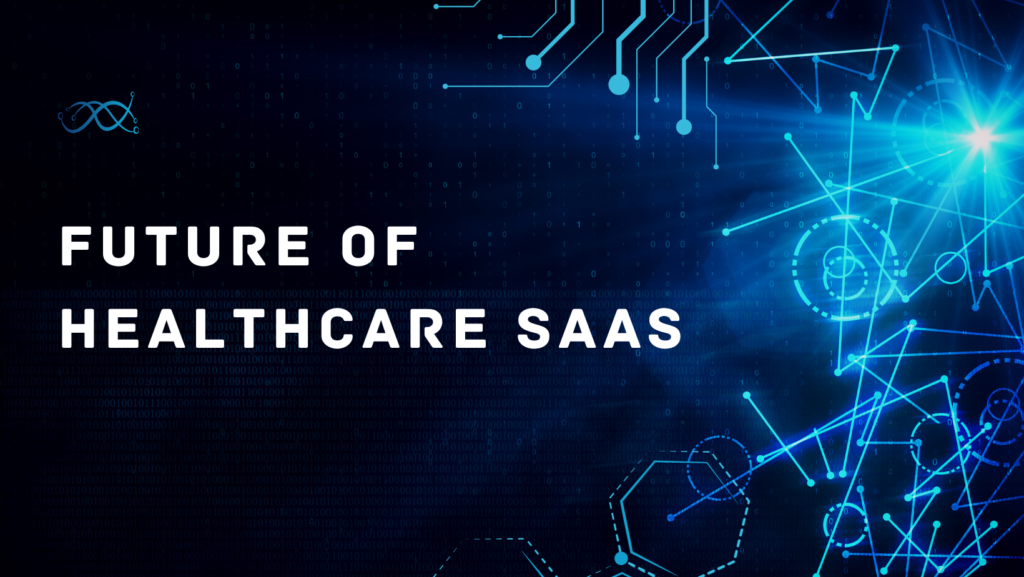Electronic Health Records (EHR) systems have made significant strides within the healthcare industry, yet there’s ample room for enhancements to bolster patient care and the accessibility of information.
EHRs store a comprehensive electronic compilation of patient data, a necessity with the advancements in screening tests, medical imaging, and diagnostics that generate substantial health information.
Efforts to facilitate information sharing among diverse healthcare networks can greatly enhance healthcare delivery by enabling seamless access to patient data for medical professionals.
Broadly perceived as a reliable means to enhance medical care systems, the global electronic health records market is anticipated to reach a value of $40 billion by 2024, reflecting the escalating demand for EHRs in healthcare facilities.
Electronic health record (EHR) systems represent an optimal solution for enhancing patient care. The increasing digitization of patient data and growing consumer demand for mobile access to health records highlight the technological impact on EHRs. These advancements in EHR technology have notably contributed to improved patient outcomes in 2024, signaling a promising future for electronic health records.

Current Challenges of Electronic Health Records
Mobile apps enhance patient-centric care but pose cybersecurity risks. Healthcare software streamlines care access, yet a lack of security measures can expose vulnerabilities. Physicians face hurdles in adopting EHRs, including interoperability issues and training demands, hindering seamless implementation in healthcare facilities.
Physician Burnout
The integration of mobile app solutions in healthcare enhances patient-centric care but raises concerns about cybersecurity risks. Despite simplifying access to care, Electronic Health Records (EHRs) face challenges in adoption by physicians due to various implementation hurdles in healthcare facilities.
Interoperability
Interoperability refers to the capacity of EHR software to share data and information with various devices, enabling multiple users to utilize the shared data.
Top Technology Innovations Supporting Electronic Health Records
Healthcare systems prioritize tech advancements like data standards, AI, and predictive analytics for efficient EHRs, aiming to elevate patient care. The fast-paced tech evolution necessitates frequent updates to older tools to keep pace with current standards.
1. EHR Optimization to Increase Usability
The optimization of the EHR system largely hinges on its user interface, which holds the most considerable sway.
The way healthcare providers utilize this tool in their daily tasks substantially affects patient safety, clinic operations, and the prevalence of burnout, primarily stemming from interface navigation.
An inadequately designed or unrefined EHR product may exhibit a cluttered user interface or a convoluted medication list. To mitigate duplicate order input, an EHR-integrated reminder could serve as a beneficial alternative to intrusive post-order alerts.
2. Amplification of Interoperability Through Artificial Intelligence
EHRs have introduced several challenges, including impeding clinician workflows, limiting interoperability, and generating vast amounts of data. Yet, EHR vendors are striving to improve their products by embracing advanced technologies like AI to enhance medical diagnoses.
Despite the transition to digital health records, physicians still grapple with health data interoperability. Providers find it challenging to leverage EHRs effectively for enhancing patient care due to the complexity involved in sharing patient information, often complicated by technology suppliers.
However, a minority of these respondents claimed to utilize innovative tools such as blockchain in healthcare and application programming interfaces (APIs) to amplify interoperability.
3. Virtual Assistants to Help with Documentation
New technologies are focusing on how doctors document their interactions with patients. Clinicians often face cognitive overload when transitioning between patients. Complications arise when providers have to manage documentation backlog at the end of the day. Introducing a well-designed EHR scribe tool within the EHR workflow is one approach to tackle this issue.
4. Combining EHR With Voice Recognition
Voice recognition technology serves as a valuable asset for EHR systems by enabling clinicians to input patient data hands-free, reducing inaccuracies and errors while expediting the information recording process.
The significant and far-reaching influence of Artificial Intelligence in healthcare is well-established, aiding doctors in recognizing historical patterns in patient conditions and facilitating diagnoses.
5. Making More Informed Care Decisions with Predictive Analysis
The healthcare sector experiences substantial influence from predictive analytics applications. These technologies have diverse applications, ranging from influencing cancer treatments to optimizing emergency staff allocation, and are poised for even wider adoption in the near future.
Certain healthcare app development services employ AI-driven analytical techniques like statistics, data mining, and modeling, aligning with AI standards. These methods utilize real-time device data and Electronic Health Records (EHR) to offer predictions regarding clinical outcomes. This approach aims to elevate patient experiences and improve care delivery.
6. Preparing Extensively for the 5G Network
5G’s anticipated dominance in healthcare faces hurdles due to a mismatch with EHR optimization strategies. Current readiness lags, potentially limiting the full benefits of 5G in healthcare if the disparity persists.
7. Moving to the Mobile and Cloud
EHRs provide convenient access to growing patient data, emphasizing the need for secure cloud storage and mobile computing. This approach boosts productivity for healthcare professionals using smartphones or tablets in clinical settings. As privacy concerns are addressed, a shift towards cloud-stored health records is anticipated, fostering remote patient monitoring via devices like smartwatches.
The Future of EHR
It’s clear that EHRs have made significant strides within the industry. Yet, there remains substantial potential for further advancements, promising numerous benefits for electronic health record systems with a profound technological impact on EHR.
Healthcare mobile app developers are expected to adopt the value-based healthcare model to address the preparation for EHR optimization. Do you possess insights into EHR enhancements and strategies for future-proofing it? Share your thoughts with our healthcare IT consulting experts.



Pingback: An Entrepreneur’s Guide to Patient Engagement Software - Health SaaS Pro
Pingback: Legacy Systems in Healthcare - Health SaaS Pro
Pingback: How much does it cost to build a HIPAA-compliant platform for medical supplies delivery? - HealthSaaSPro
Pingback: Role of Cloud Computing in Healthcare Industry - HealthSaaSPro
Pingback: How Much Does It Cost to Build a Custom Medical Billing Software - HealthSaaSPro
Pingback: The Transformative Impact of Digital Twins in Healthcare. - HealthSaaSPro